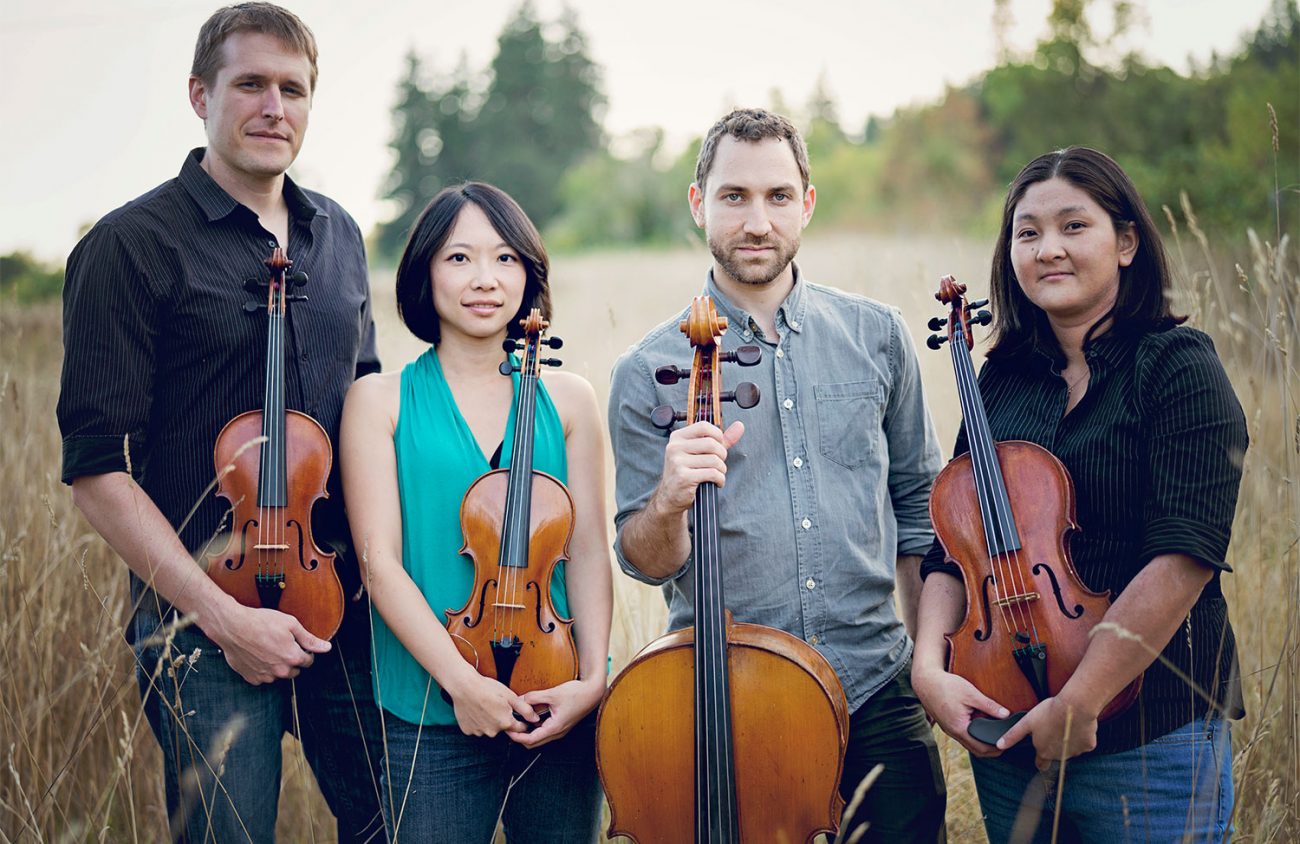“With a golden apple in his hand, Emperor Theophilos slowly walked between two lines of contending beauties; His eye was detained by the charms of Kassia, and, in the awkwardness of a first declaration the prince said that in this world, women had been the occasion of much evil,” from Eve on down.
“And surely, Sir,” Kassia pertly replied, “they have likewise been the occasion of much good,” including Mary, who birthed Jesus. — Edward Gibbon’s History of the Decline and Fall of the Roman Empire
Her impudence at a medieval beauty contest aimed at finding a bride for the ruler of Medieval Europe’s Eastern Empire may have cost Kassia (who was born in 810 in the Byzantine capital Constantinople) the chance to become Byzantine empress. But it might have also sparked her to overcome the barriers female artists faced in her time — some of which remain.
Kassia subsequently left the royal court, earned fame as a poet, philosopher, activist (who endured beatings and other persecution) and (like the later, more famous female medieval composer Hildegard of Bingen) abbess of her own convent. The Orthodox Church later beatified her as St. Kassiane.
Her music — mostly chanted, drone-accompanied hymns that celebrate saints or religious occasions at her convent — far surpassed that of contemporary male composers in its inventiveness and expressiveness. While not quite as ecstatic as Hildegard’s soaring sounds, Kassia’s music sounds to me a little sultrier, with more-evident Middle Eastern influence. It radiates a melodic beauty that should especially, but not exclusively, appeal to fans of chant and other early music.
You can hear some of it Thursday, Jan. 9, at Central Lutheran Church in a free concert by its ideal interpreters: Cappella Romana, the Portland-based professional vocal ensemble that has gone on to garner worldwide fame and performances as the premier exponent and explorer of the musical traditions of Byzantium and other early Christian music.
Although women were writing music long before — including the ancient Greek poet Sappho — Kassia’s is the earliest known music by a named female composer that has survived into the 21st century. Most have faced sexist obstacles to their art.
But that’s starting to change. Many of today’s finest composers (including three recent Pulitzer Prize winners and at least a dozen of my own faves) are female. You can hear brand new compositions by one of today’s best at Delgani String Quartet’s shows 3 pm Sunday and 7:30 pm Tuesday, Jan. 12 and 14, at Christian Science Church, 1390 Pearl Street, with repeat performances the following weekend in Salem and Portland.
One of the leading composers for string quartet of her generation, Elena Ruehr, who grew up in Michigan and has taught music at MIT for decades, is a quintessentially contemporary eclectic composer. Her influences include folk, jazz, dance, Javanese gamelan, African drumming (all of which she’s actually performed), as well as 19th century romanticism, early 20th-century atonalism, late 20th-century minimalism and Indian and medieval European music.
What’s most evident for listeners is her music’s lyricism and rhythmic punch, which gives it a wider appeal than much contemporary classical music. Kudos to Delgani for helping bring more of it into the world, by commissioning her seventh quartet based on the themes of children of war and America’s shameful imprisonment of innocent Japanese-American citizens in 1940s concentration camps.
The other two compositions on Delgani’s tremendous program of World War II-related works are sure-fire classics. Steve Reich’s searing “Different Trains” weaves the live string quartet’s music with voices of Holocaust survivors (including one from Portland), a Pullman porter and Reich’s own nanny, who accompanied the boy on train trips across the country in the 1940s when his divorced parents lived on different coasts. Reich, whose Judaism has informed much of his music, conceived the powerful piece when he imagined the very different trains carrying European Jews at the time.
The final work on the program was written a century and a half before the Second World War, but because Haydn’s so-called “Emperor” string quartet later supplied the music for the German national anthem (sometimes called “Deutschland über alles” or “Germany above all”), it’s unfortunately been connected to the Nazis. But that use should taint neither the music itself nor the humanistic composer who wrote it, and maybe in hearing it live in the form its composer intended, we are reclaiming it from evil as a beautiful product of human creativity. ν
